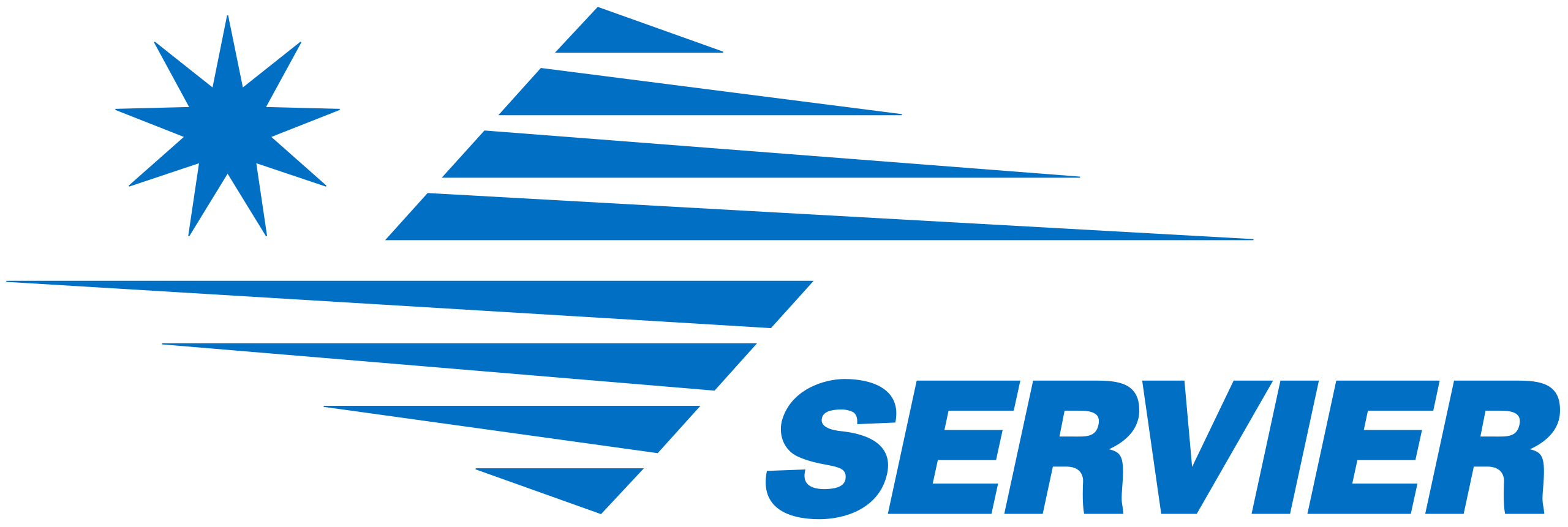Go back to trials list
CD123-Directed Autologous T-Cell Therapy for Acute Myelogenous Leukemia (CATCHAML)
Description
The CD123-CAR T-cell therapy is a new treatment that is being investigated for treatment of AML/myelodysplastic syndrome (MDS), T- or B- acute lymphoblastic leukemia (ALL) or blastic plasmacytoid dendritic cell neoplasia (BPDCN). The purpose of this study is to find the maximum (highest) dose of CD123-CAR T cells that is safe to give to these patients. This would include studying the side effects of the chemotherapy, as well as the CD123-CAR T-cell product on the recipient's body, disease and overall survival. Primary Objective To determine the safety of one intravenous infusion of escalating doses of autologous, CD123-CAR T cells in patients (≤21 years) with recurrent/refractory CD123+ disease (AML/MDS, B-ALL, T-ALL or BPDCN) after lymphodepleting chemotherapy. Secondary Objectives To evaluate the antileukemia activity of CD123-CAR T cells. Exploratory Objectives * To assess the immunophenotype, clonal structure and endogenous repertoire of CD123-CAR T cells and unmodified T cel
Trial Eligibility
Inclusion Criteria for Procurement and T-cell Production: * Age ≤21 years old * Relapsed/refractory CD123+ disease defined as follows: AML/MDS * Relapsed disease: Patients developing recurrent disease after a first complete remission (CR) * Refractory disease: Patients not achieving a CR after 2 cycles of induction chemotherapy B-cell ALL * Relapsed disease that is CD123 positive and CD19 negative/dim or patients otherwise ineligible for CD19 directed therapies including * Patients in 2nd or greater relapse * Patients with relapse after allogeneic HSCT * Refractory disease that is CD123 positive and CD19 negative/dim or patients otherwise ineligible for CD19 directed therapies T-cell All • Relapsed refractory disease that is CD123 positive BPDCN • Relapsed/refractory disease that has failed front-line therapy * Estimated life expectancy of \>12 weeks * Karnofsky or Lansky (age-dependent) performance score ≥50 * Patients with a history of prior allogeneic HCT must be clinically recovered from prior HCT therapy, have no evidence of active GVHD and have not received a donor lymphocyte infusion (DLI) within the 28 days prior to apheresis * Patient must have an identified, suitable HCT donor * For females of child-bearing age: * Not lactating with intent to breastfeed * Not pregnant with negative serum pregnancy test within 7 days prior to enrollment * Meets eligibility criteria to undergo autologous apheresis, or have previously undergone autologous apheresis Exclusion Criteria: * Known primary immunodeficiency * History of HIV infection * Severe intercurrent uncontrolled bacterial, viral or fungal infection (e.g. active hepatitis B or C infection or adenovirus infection) * History of hypersensitivity reactions to murine protein-containing products * Patients with acute promyelocytic leukemia (APL, t (15;17)) * Known contraindication to the protocol defined lymphodepleting chemotherapy regimen of fludarabine/cyclophosphamide. Inclusion Criteria for Treatment: * Age≤21 years old * Detectable disease that is CD123+ (at least MRD+ disease) * Estimated life expectancy of \>8 weeks * Karnofsky or Lansky (age-dependent) performance score≥50 * Patients with a history of prior allogeneic HCT must be clinically recovered from prior HCT therapy, have no evidence of active GVHD and have not received a donor lymphocyte infusion (DLI) within the 28 days prior to planned infusion * Patient must have an identified, suitable HCT donor * Adequate cardiac function defined as left ventricular ejection fraction \>40%, OR shortening fraction ≥25% * EKG without evidence of clinically significant arrhythmia * Adequate renal function defined as creatinine clearance or radioisotope GFR ≥50 ml/min/1.73m2 (GFR ≥40 ml/min/1.73m2 if \< 2 years of age) * Adequate pulmonary function defined as forced vital capacity (FVC)≥50% of predicted value; or pulse oximetry≥92% on room air if patient is unable to perform pulmonary function testing * Total Bilirubin≤3 times the upper limit of normal for age, except in subjects with Gilbert's syndrome * Alanine aminotransferase (ALT) OR aspartate aminotransferase (AST) ≤5 times the upper limit of normal for age * Has recovered from all NCI CTAE grade III-IV, non-hematologic acute toxicities from prior therapy * For females of child-bearing age * Not lactating with intent to breastfeed * Not pregnant with negative serum pregnancy test within 7 days prior to enrollment * If sexually active, agreement to use birth control until 3 months after T- cell infusion. Male partners should use a condom. * Available autologous transduced T-cell product that has met GMP release criteria Exclusion Criteria: * Known primary immunodeficiency * History of HIV infection * Severe intercurrent uncontrolled bacterial, viral or fungal infection * History of hypersensitivity reactions to murine protein-containing products * History of severe hypersensitivity reactions to cornstarch or hydroxyethyl starch. * Receiving systemic steroids therapy exceeding the equivalent of 0.5 mg/kg/day of methylprednisolone, in the 7 days prior to CD123-CAR T- cell infusion * Receiving systemic therapy in the 14 days prior to CD123-CAR T-cell infusion, which will interfere with the activity of the CD123-CAR T cells in vivo (in the opinion of the study PI(s)) * Receiving rituximab therapy in the 30 days prior to CD123-CAR T cell infusion. (This exclusion criterion is intended to prevent premature exposure of CD123-CAR T cells to rituximab, which would activate the safety switch and promote CAR T-cell apoptosis). * Receiving intrathecal chemotherapy in the 7 days prior to CD123-CAR T cell infusion. * Known contraindication to the protocol defined lymphodepleting chemotherapy regimen of fludarabine/cyclophosphamide. * Active CNS disease
Study Info
Organization
St. Jude Children's Research Hospital
Primary Outcome
Maximum tolerated dose of CD123-CAR T cells (CATCHAML)
Interventions
Locations Recruiting
St Jude Children's Research Hospital
United States, Tennessee, Memphis
St. Jude Children's Research Hospital
United States, Tennessee, Memphis
Interested in joining this trial?
Our dedicated patient navigators are here to support you by reviewing the eligibility criteria to see if you might qualify for this trial.
Stay Informed. Get the Support You Need for Acute Myeloid Leukemia.
By subscribing to the Healthtree newsletter, you'll receive the latest research, treatment updates, and expert insights to help you navigate your health.
Thanks to our HealthTree Community for Acute Myeloid Leukemia Sponsors:




